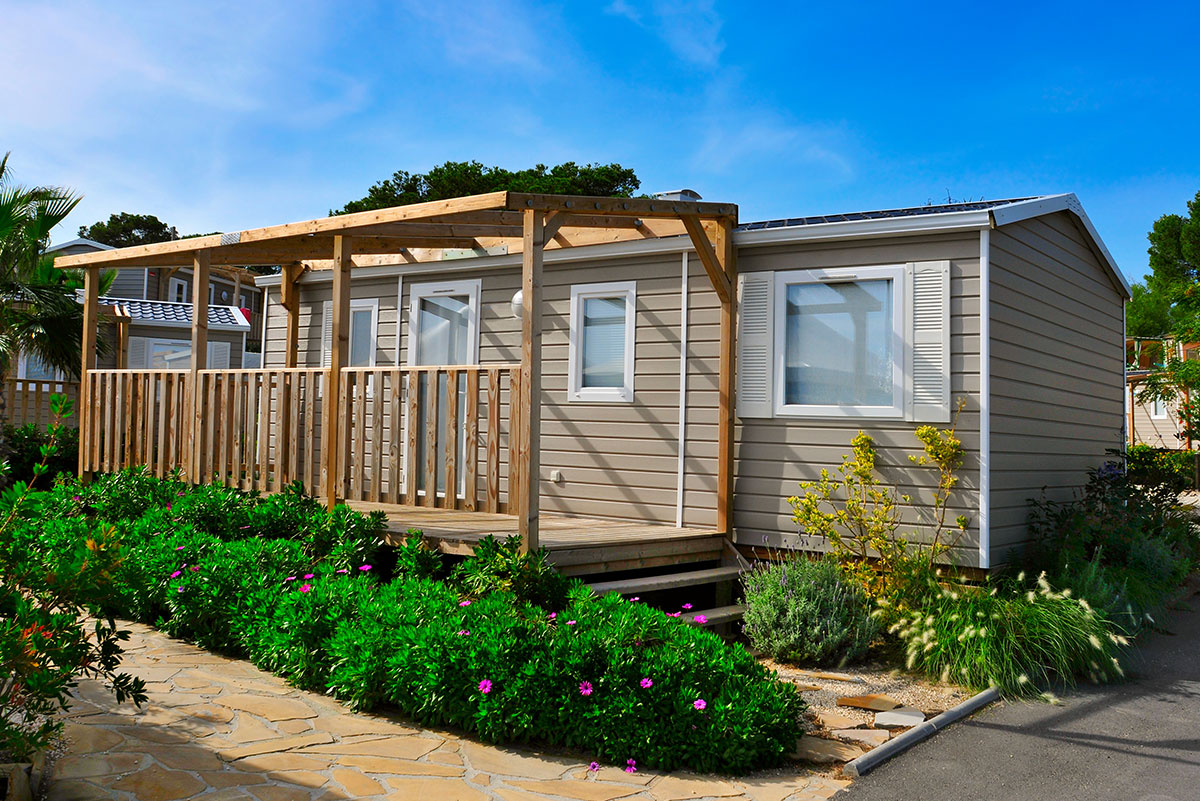
If you own a mobile, manufactured or modular home, you understand the importance of maintaining a comfortable and healthy living environment. Optimal air quality and regulated indoor temperatures start with a reliable HVAC (heating, ventilation, and air conditioning) system. However, choosing the right HVAC system for your mobile home can be a complex decision. Some of the factors that can impact your decision-making may be: the size of your home, your home’s energy efficiency, and choosing which HVAC system is most cost-effective.
In this buyer’s guide, we will explore the different types of HVAC systems suitable for mobile homes and provide insights into how to choose the best system for your specific needs.
Types of HVAC Systems for Mobile Homes
There are several types of HVAC systems available for mobile homes, each with its own advantages and disadvantages. Let’s explore the most common types:
Central Air Conditioning and Heat: This is one of the most common HVAC systems for mobile homes. It consists of a central air conditioning unit and a furnace, which can be either gas or electric. This system provides efficient heating and cooling throughout the home, and it can be connected to a ductwork system for even distribution of air.
Heat Pump: A heat pump is a versatile option that can provide both heating and cooling. It works by transferring heat between the inside and outside of the home. Heat pumps are energy-efficient and can help reduce utility costs, making them a popular choice for mobile homeowners.
Ductless Mini-Split System: Ductless mini-split systems are ideal for mobile homes that lack ductwork. These systems consist of an outdoor compressor unit and one or more indoor air handlers. Each air handler can be independently controlled, allowing you to set different temperatures in different rooms. This can lead to greater energy efficiency and cost savings.
Packaged HVAC System: Packaged systems are all-in-one units that contain both heating and cooling components. These systems are typically installed outside the home and connected to ductwork. Packaged systems are compact and convenient, making them suitable for mobile homes with limited space.
Key Considerations When Choosing an HVAC System
When selecting an HVAC system for your mobile home, consider the following factors:
Size of Your Home: The size of your mobile home will determine the capacity of the HVAC system you need. A system that is too small will struggle to heat or cool your home effectively, while a system that is too large may lead to higher energy costs and inefficiency.
Energy Efficiency: Look for systems with high energy efficiency ratings, such as SEER (Seasonal Energy Efficiency Ratio) for air conditioners and HSPF (Heating Seasonal Performance Factor) for heat pumps. Higher ratings indicate better energy efficiency and lower operating costs.
Installation Requirements: Consider the installation process and whether your mobile home already has existing ductwork. Ductless mini-split systems are a great option if your home lacks ductwork.
Budget: Your budget will play a significant role in your decision. While more efficient systems may have a higher upfront cost, they can lead to long-term savings on utility bills. Consider the overall cost-effectiveness of the system over its lifespan.
Maintenance and Service: Choose a system that is easy to maintain and comes with good warranty coverage. Regular maintenance is essential to keep your HVAC system running efficiently and extend its lifespan.
Making the Final Decision
When you have considered all of these factors, you can feel confident to make your decision. Consult with our team of professional HVAC experts at General Supply Inc. who can help you evaluate your options and recommend the best system for your mobile, manufactured or modular home. We are also here to assist with installation and maintenance, with benefits including our 24/7 HVAC Maintenance Service.
Choosing the right HVAC system for your mobile home is an investment that impacts your comfort and quality of living. Be sure to carefully consider the factors that may impact your decision making so that you are well prepared to explore the HVAC choices in front of you and make the most sound decision for your home.
